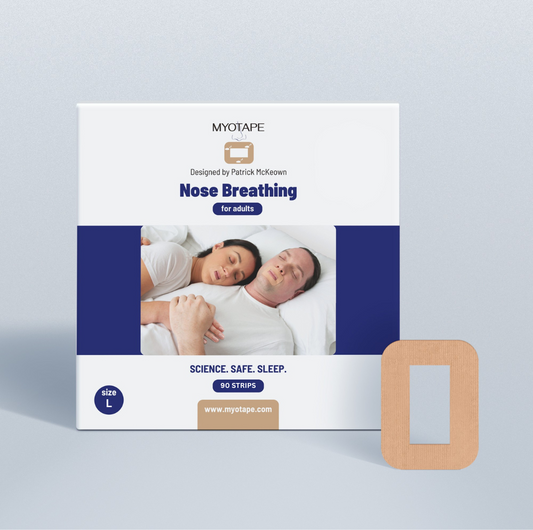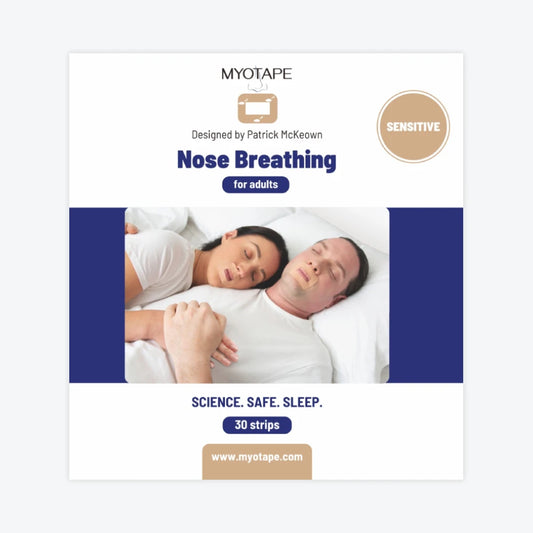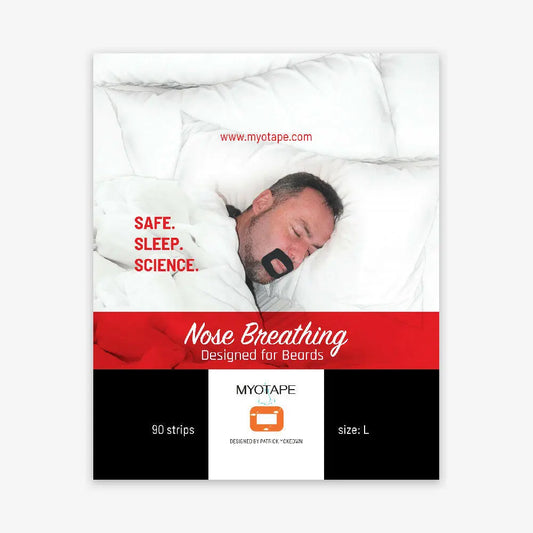Do you feel sleepy or tired during the day, even after a full night’s sleep? Maybe you keep yawning at work or just can’t get rid of that tired feeling, no matter what you do.
It’s normal to feel tired during the day. Depending on the type of work you do and other factors, it is not unusual to feel tired during the day. However, when it becomes a daily pattern, it becomes a source of worry.
Being constantly tired can be a major concern, so you may wonder why you feel so tired all day and how to overcome daytime sleepiness.
In today’s article, you will learn some tips on how to get rid of daytime tiredness. But before that, let’s explore the causes of daytime tiredness and some of its impacts.
What is Daytime Tiredness?

What we refer to as daytime tiredness is a condition marked by an overwhelming urge to sleep during the day. Individuals with daytime tiredness, also known as excessive daytime sleeping (EDS) or hypersomnia, struggle to stay awake during the day.
Since it is a condition, an individual with daytime tiredness will feel this way every day, whether or not they get enough sleep at night.
Some of the symptoms of daytime tiredness include:
- Difficulty waking up (even after going to bed on time and getting the recommended hours of sleep).
- Difficulty staying awake.
- Feelings of irritation or frustration.
- Impaired judgment leading to rash decision-making.
- Slow reaction time.
- Frequent naps during the day (and waking up tired).
- Limited attention span.
- Feeling demotivated.
- Feeling physically weak.
- Poor sleep performance score.
- Inability to recall information or remember things, and more.
Causes of Daytime Tiredness
Many factors could trigger daytime tiredness, and only a proper medical diagnosis would reveal the cause to an individual. Some of the common causes include:
Poor sleep quality
Not getting enough deep sleep or decreased sleep efficiency as you should, or sleep deprivation, especially over a long period, can lead to daytime tiredness.
As sleep debt accumulates, the body will seek ways to compensate, which may eventually lead to daytime sleepiness.
Also, getting poor sleep quality due to sleep apnea can also lead to excessive daytime tiredness, even after a full night’s sleep.
Jet lag can also lead to excessive fatigue during the day after traveling across different timezones.
Lifestyle
The kind of life an individual leads could also trigger daytime tiredness. People who work late shifts or travel frequently and experience jet lag are often prone to daytime tiredness. Additionally, an unhealthy lifestyle, characterized by prolonged sitting or poor dietary habits, can also contribute to this condition.
Sleep disorders
Sleep disorders like narcolepsy, insomnia, and sleep apnea are often the likely cause of daytime tiredness in some cases.
Obstructive sleep apnea is a common culprit. With sleep apnea, your breathing stops and starts during the night, causing you to wake up briefly, often without knowing it. This leads to sleep that isn’t restful, resulting in daytime tiredness.
Many people with sleep apnea also experience insomnia, and studies have shown that up to 67% of people with sleep apnea also have trouble staying or falling asleep. This combination increases the risk of depression and makes daytime sleepiness even worse.
If you use a CPAP machine for sleep apnea but still feel tired, you’re not alone. Daytime sleepiness can occur after using CPAP if your breathing isn’t fully optimized or if other sleep issues are present.
Medical conditions
Some medical conditions may predispose an individual to experiencing daytime tiredness. Obesity, depression, liver disease, Upper Airway Resistance Syndrome (UARS), chronic kidney disease, and hypothyroidism. Chronic pain conditions, like Temporomandibular joint disease (TMD), have been linked to cause or worsen daytime tiredness. They are often found together with sleep-disordered breathing. This can create a vicious cycle of pain, poor sleep, and daytime tiredness.
Nasal congestion from allergies, colds, or other causes can make it hard to breathe through your nose at night. Individuals with a blocked nose are almost twice as likely to experience sleep problems, including snoring and sleep apnea. Allergic rhinitis can cause inflammation and fatigue, disrupt sleep, and even affect your nervous system, making you feel tired most of the time.
Breathing patterns
How you breathe, especially at night, can significantly impact your sleep and energy levels. Fast, shallow, or mouth breathing can lead to poor sleep quality and more tiredness during the day.
Research shows that slow, deep breathing helps regulate the autonomic nervous system (ANS), reduces hyper-arousal, and may be more effective for insomnia than some medications. Poor breathing patterns are also linked to higher stress and anxiety, which can make sleep problems worse.
As we noted above, only a medical diagnosis can unravel the likely cause of an individual’s condition. So, if you suspect you or someone you know has daytime tiredness, a visit to the doctor would help confirm it, so you can take steps to address the issue.

Effects of Daytime Tiredness and Sleepiness
Below are some of the negative ways daytime tiredness can impact you:
- Higher risk of accidents: Daytime tiredness slows your reaction time and makes it harder to stay alert, increasing the chances of mistakes or accidents at work, on the road, or at home.
- Lower productivity: Feeling tired during the day makes it difficult to concentrate and remember things, which can result in less work being done at work or school.
- Mood changes: Ongoing tiredness can cause mood swings, irritability, and frustration, which may affect your relationships with others.
- Loss of interest: You may lose enthusiasm for activities you once enjoyed, making it harder to stay motivated and engaged in daily life.
- Health problems: Chronic daytime tiredness can contribute to serious health issues over time, such as heart disease or diabetes.
- Reduced quality of life: When you’re always tired, it’s harder to enjoy life, perform well, and feel your best.
Practical Tips to Get Rid of Daytime Tiredness
Some effective steps to take to get rid of daytime tiredness include:
1. Prioritize sleeping better
Although we said an individual could still experience daytime sleepiness even when they get enough sleep, in most cases, people with this condition don’t sleep well at night. If you take your night sleep seriously, you allow your body to rest properly after a long day and wake up refreshed the next day. Some of the ways to prioritize sleep include:
- Have a consistent sleep schedule.
- Avoid stimulants like alcohol and caffeine before bed.
- Sleep for at least 7 hours.
- Optimize your sleep environment to be conducive
- Avoid distractions or electronic devices right before bedtime.
2. Manage stress and mental health
Stress, anxiety, and depression often go hand-in-hand with sleep problems and daytime fatigue. Studies show that people with insomnia are more likely to feel depressed, and those with depression often feel tired all day.
Try slow, deep breathing, mindfulness, or meditation before bed to calm your mind. Deep breathing exercises, such as the Buteyko method, have been proven to support better sleep and overall wellbeing.
Journaling or gentle stretching can also help you relax. If you’re struggling emotionally, seeking support can improve both your sleep and energy levels.
3. Get some sunlight
If you experience daytime tiredness and have a sedentary lifestyle, making some adjustments could be beneficial. Go for walks, ride a bike, or learn a new activity like swimming; the aim here is to spend some part of the day outside, especially in the morning. Being exposed to the morning sun can provide an energy boost to help you get through the day.
4. Treat nasal congestion and allergies
Nasal congestion from allergies or colds can make it hard to breathe at night and is a major cause of sleep problems and daytime tiredness. Studies show people with blocked noses are almost twice as likely to have sleep issues. Use saline rinses, allergy treatments, and decongesting exercises to help keep your nose clear.
5. Improve your breathing
How you breathe at night is often overlooked, yet it is very important. Research shows that mouth breathing, characterized by fast or shallow breathing, is linked to sleep-disordered breathing, insomnia, and increased daytime fatigue. Fast breathing keeps your body alert, while slow, deep breathing through the nose calms your nervous system and helps you sleep better.
Buteyko breathing exercises can help you learn how to breathe through your nose at night and during the day.
If you have trouble keeping your mouth closed at night, using a gentle sleep aid like MyoTape can support nasal breathing, improve your sleep, and help alleviate excessive daytime sleepiness.
How MyoTape Can Help You Beat Daytime Tiredness
Improving your breathing at night is one of the most effective ways to combat daytime tiredness and enhance sleep quality. If you’re breathing through your mouth while you sleep, you’re more likely to wake up feeling groggy, unfocused, and low on energy, no matter how many hours you spend in bed.
MyoTape is a simple, comfortable sleep tape that gently holds your lips together while you sleep, allowing for easy and natural nasal breathing. Nasal breathing helps your body rest more deeply, reduces sleep interruptions, and ensures you get the oxygen your brain and body needs. It was created by world-renowned breathing expert, Patrick McKeown, so it is guaranteed to get you life-changing sleep.
You can explore our range of effective mouth taping products, designed for everyone, including mouth tape for kids, adults, those with sensitive skin, and even those with facial hair. Visit our online shop today to find the perfect MyoTape solution for you and start your journey to quieter, more restful nights.








